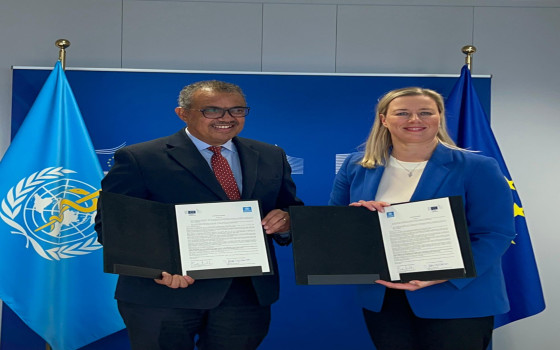
A new European strategy to improve global health security...better health throughout life, strengthening health systems, and preventing and combating threats

- Europe and Arabs
- Thursday , 1 December 2022 15:19 PM GMT
Brussels: Europe and the Arabs
The European Commission has adopted the new EU Global Health Strategy to improve global health security and deliver better health for all in a changing world. With the Strategy, the European Union deepens its leadership and reaffirms its responsibility to tackle major global challenges and health disparities head-on: the unfinished agenda in global health and the fight against health threats in the age of pandemics.
According to a statement issued by the headquarters of the European Commission in Brussels, the strategy places global health as a fundamental pillar of the European Union's foreign policy, and a geopolitically important sector and central to the strategic autonomy of the European Union. It promotes sustainable and meaningful partnerships between equals by drawing on the global portal. As the external dimension of the European Health Union, the strategy is designed to guide the EU's action to ensure better preparedness and response to health threats in a seamless manner.
A new approach to global challenges
The strategy establishes three main interrelated priorities in dealing with global health challenges:
Delivering better health and well-being to people across the life course;
strengthening health systems and advancing universal health coverage;
Prevent and control health threats, including epidemics, and apply the One Health approach.
The strategy seeks to regain lost ground to reach the targets related to universal health in the 2030 Sustainable Development Goals. To do this, the strategy refocuses our work on achieving universal health coverage, strengthening primary health care, and addressing the root causes of ill health such as poverty and social inequality. The strategy stresses the importance of addressing important drivers of ill health such as climate change, environmental degradation, food security, conflict and other humanitarian crises. Therefore, the strategy presents a strong 'health in all policies' approach to ensure that a variety of policies truly contribute to health goals. It identifies three key enablers for improving health, namely digitization, research and a skilled workforce with concrete actions to advance globally in these areas.
The strategy also seeks to improve global health security, and thus protect citizens from threats by intensifying prevention, preparedness, response and early detection. These threats can be chemical, biological, or nuclear — or pandemics, including the silent killer of antimicrobial resistance. The strategy proposes a variety of actions to counter these threats:
More equitable access to vaccines and medical treatments by strengthening local pharmaceutical systems and manufacturing capacity
Strong and binding international rules on epidemics
Most powerful pathogen monitoring and detection
A holistic approach that addresses all links between the environment, animal/plant health, and human health (the “One Health Approach”)
With the emergence of a new global health order, the strategy paves the way for the European Union to contribute to shaping it through a more strategic, assertive and effective engagement through:
Support the new type of strong global governance, the world needs in a complex geopolitical environment. This includes a stronger, more effective and accountable WHO as well as sustainable financing at the core of the multilateral system, while deepening collaboration through the G7 and G20 and with other global, regional and bilateral partners.
Expanding the EU's international partnerships in the field of health as part of the Global Gateway, based on shared ownership and shared responsibility from our partners. Improving their health sovereignty will ensure greater flexibility and autonomy and allow us to focus on those who need it most and where our impact will be greatest. Partnerships with developed economies will also be sought.
Benefit from Team Europe's approach with one truly strong voice, ensuring close coordination with Member States so that political action and financial means are closely linked to the new priorities.
More effective financing by promoting innovative financing, pooling of resources internationally, and co-investment by partner countries and other actors, such as the private sector. The European Union and its Member States are among the largest funders of global health in the world, and the Strategy will make this important financial contribution to global health more impactful by closely mapping and monitoring impact.
The new EU Global Health Strategy provides a framework for EU health policies up to 2030. It sets policy priorities and guidelines for shaping global health, and defines concrete lines of action. It defines what the commission will do and what it calls on member states to do, each within its mandate and institutional roles.
The strategy builds on contributions received during a broad public consultation, including input from EU Member States including the Presidencies of the Council and European Parliament, civil society including the 2020 Civil Society Shadow Health Strategy, and other key stakeholders in Europe and beyond.




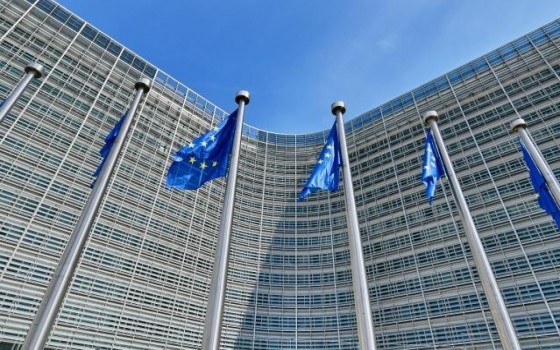
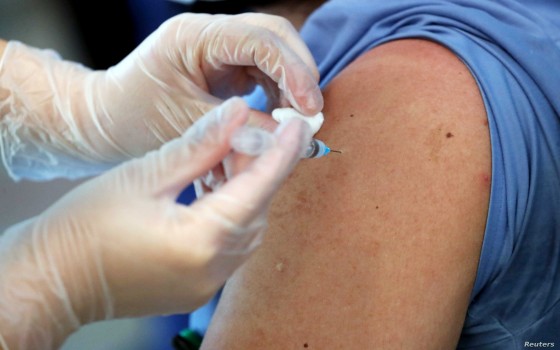
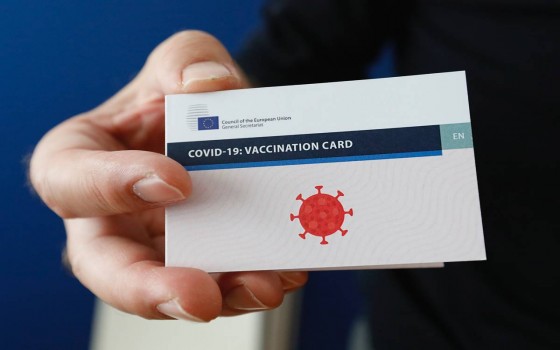


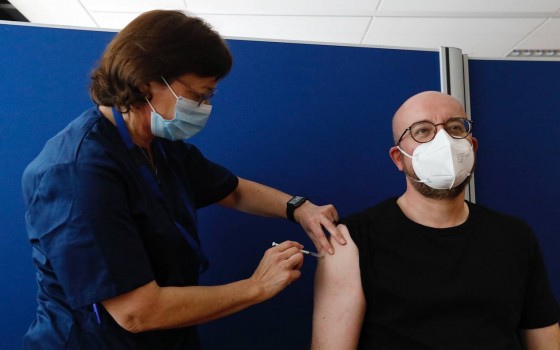


No Comments Found